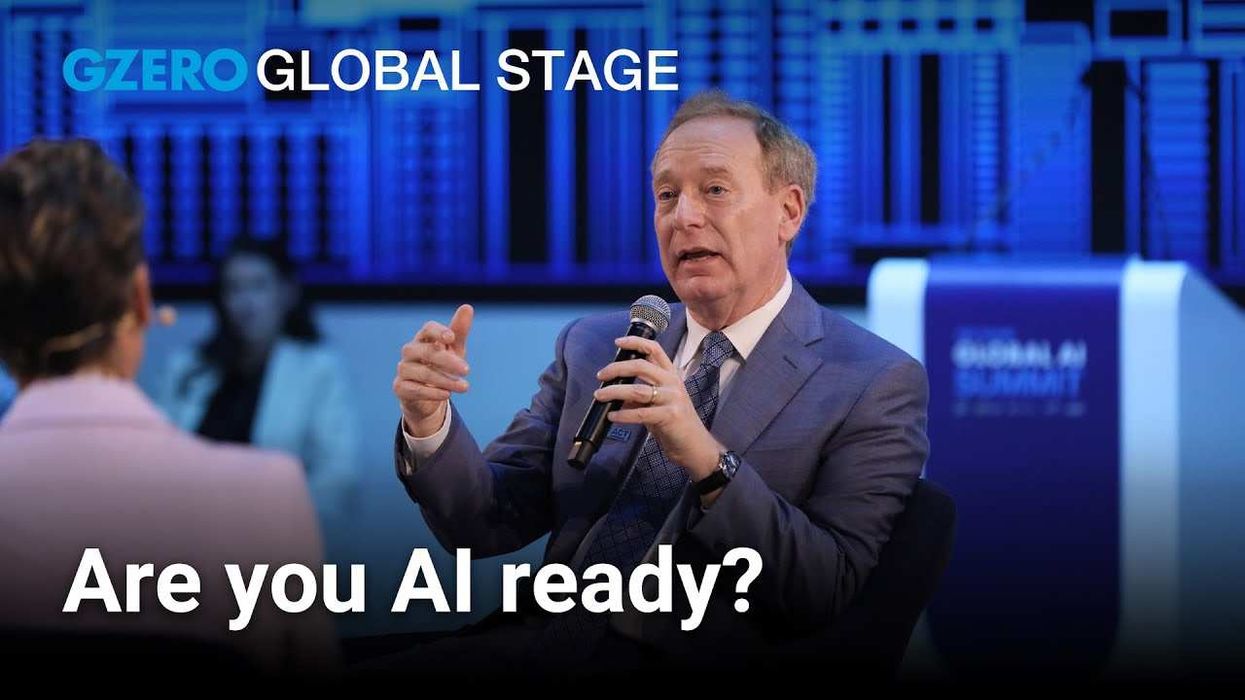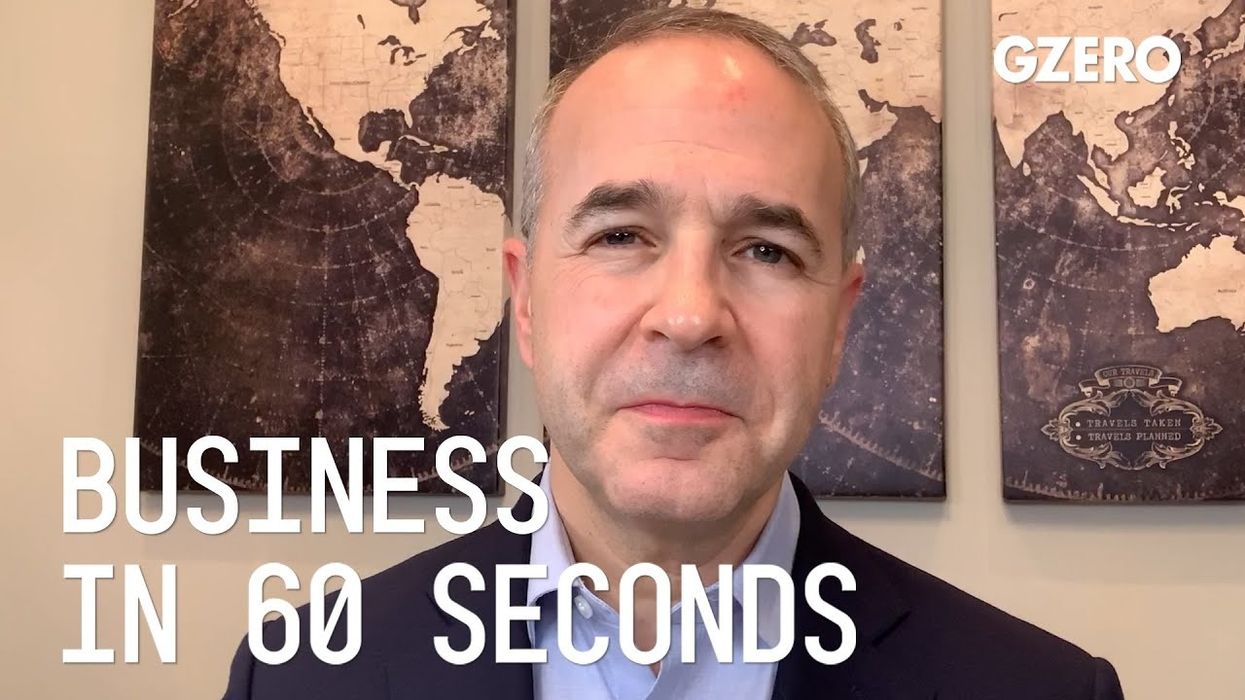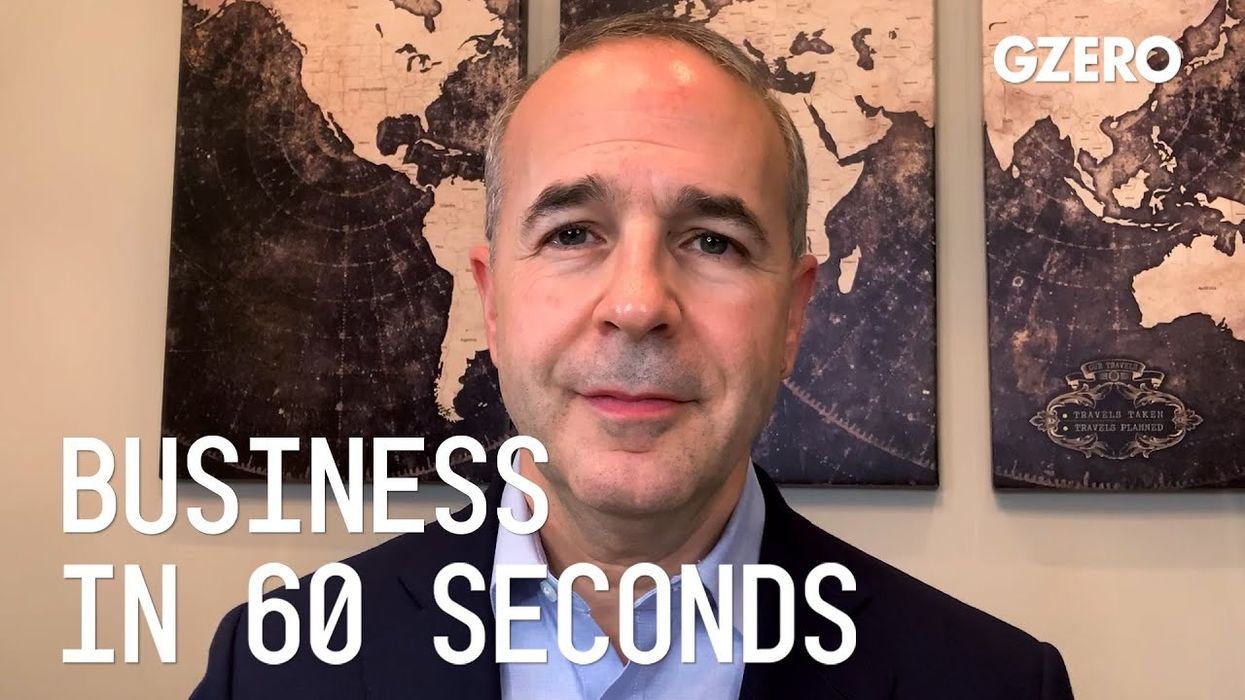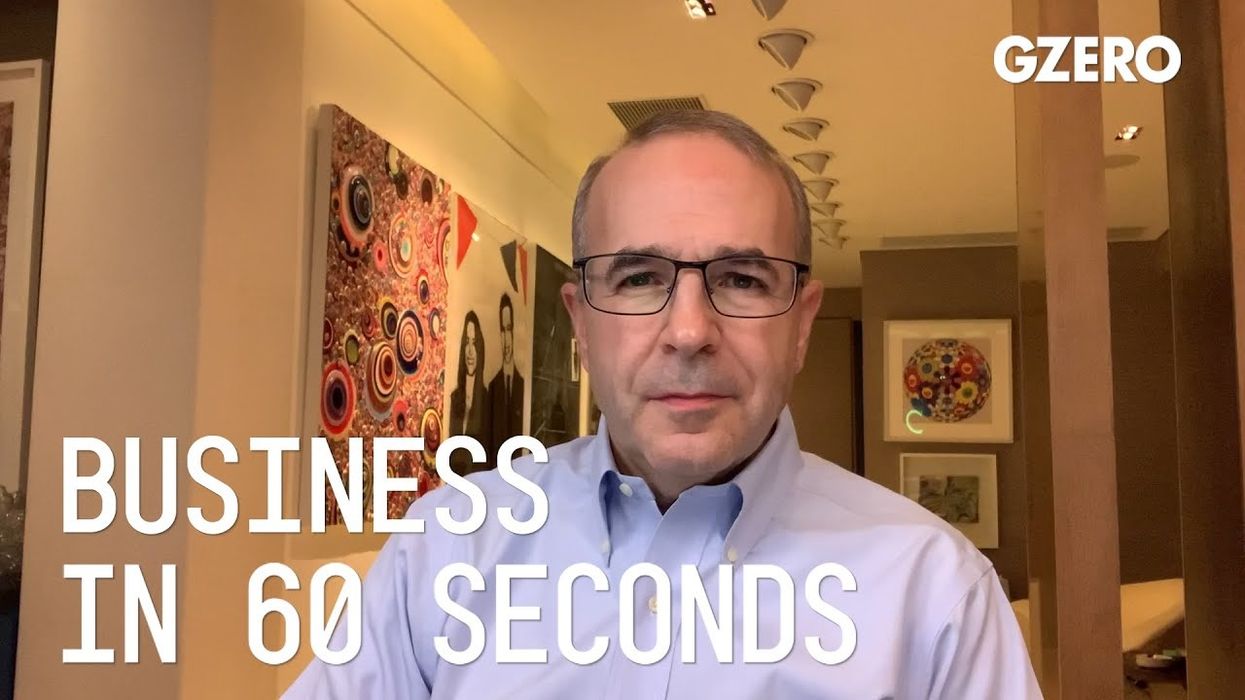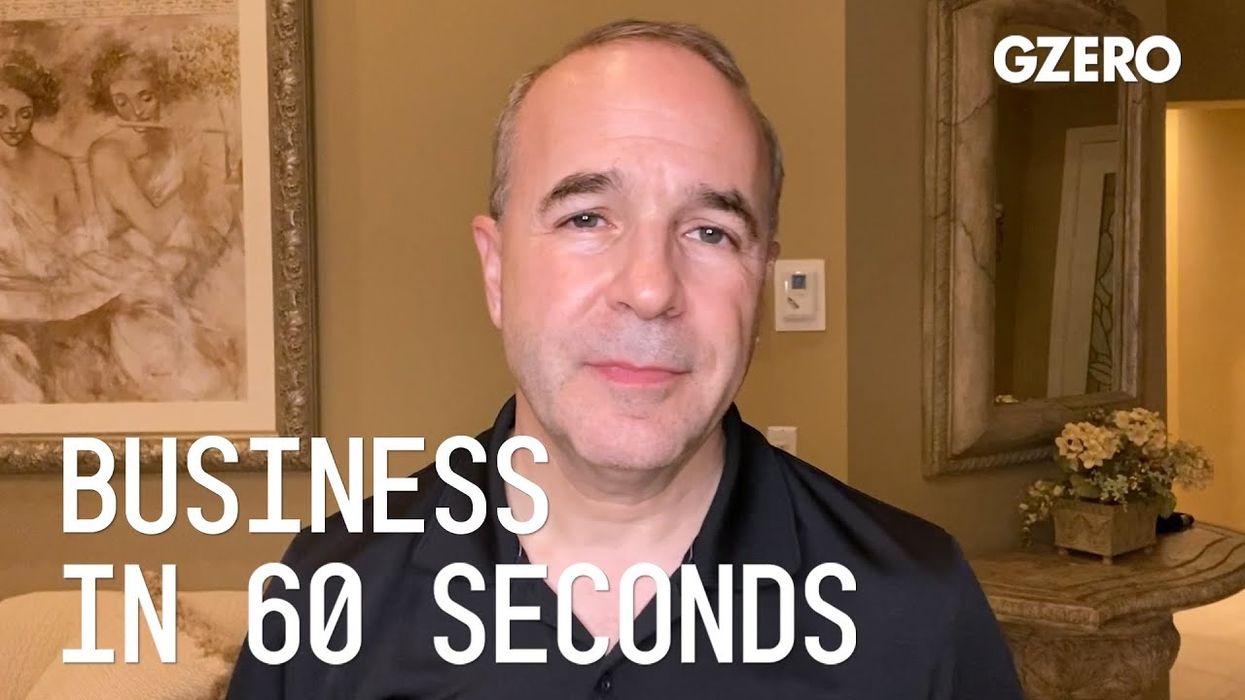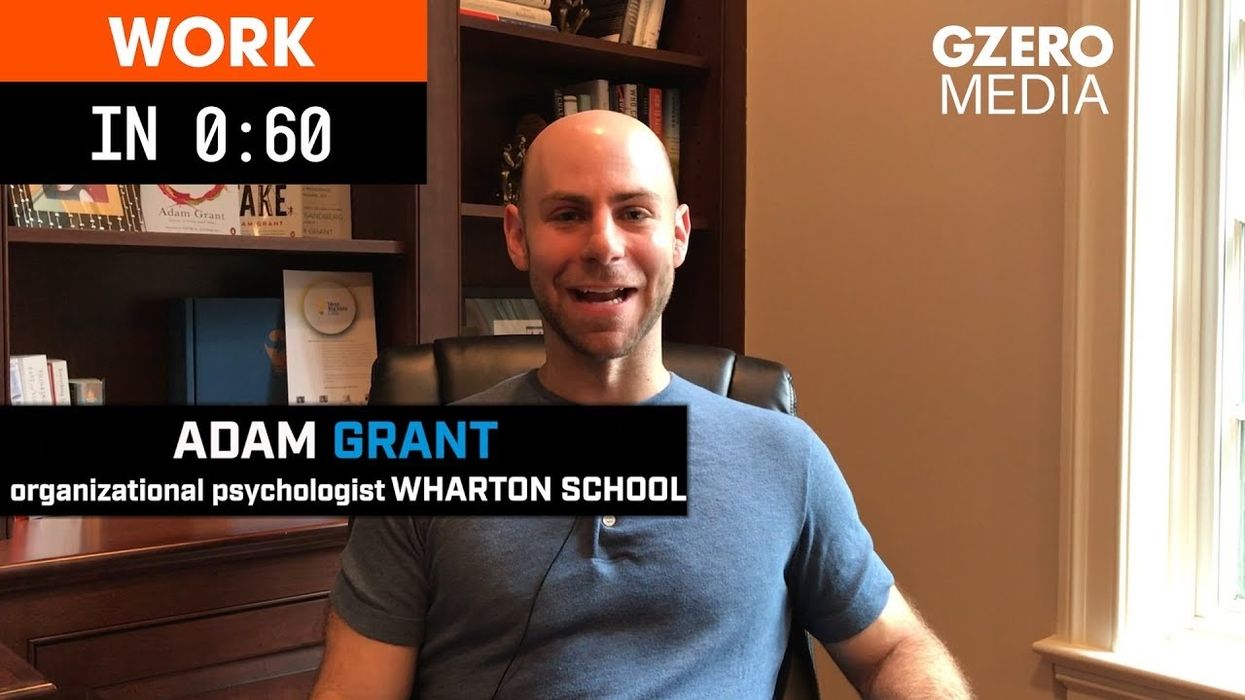Abu Dhabi Global AI Summit
The three skills everyone needs to thrive in the AI era
As artificial intelligence transforms work, how do organizations equip people with the skills to thrive? Brad Smith, Vice Chair and President of Microsoft, says the answer lies in understanding a new landscape of AI skills.
Nov 04, 2025
